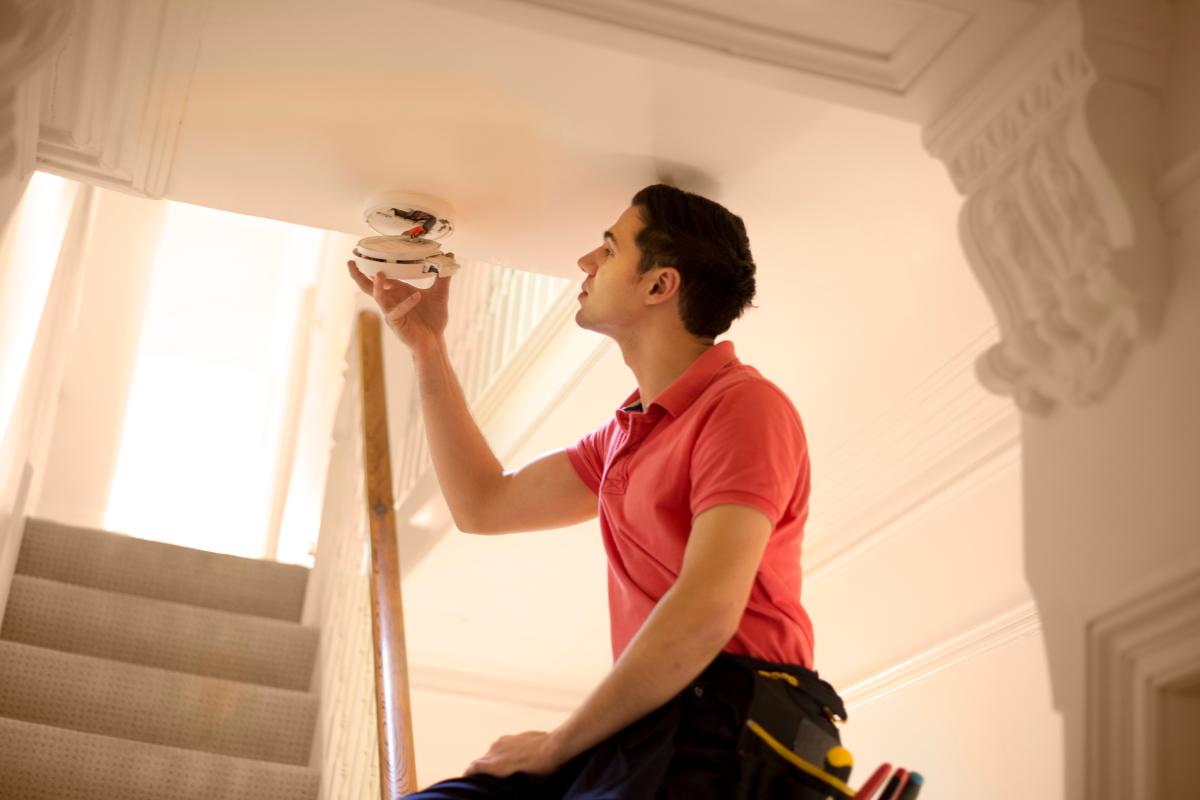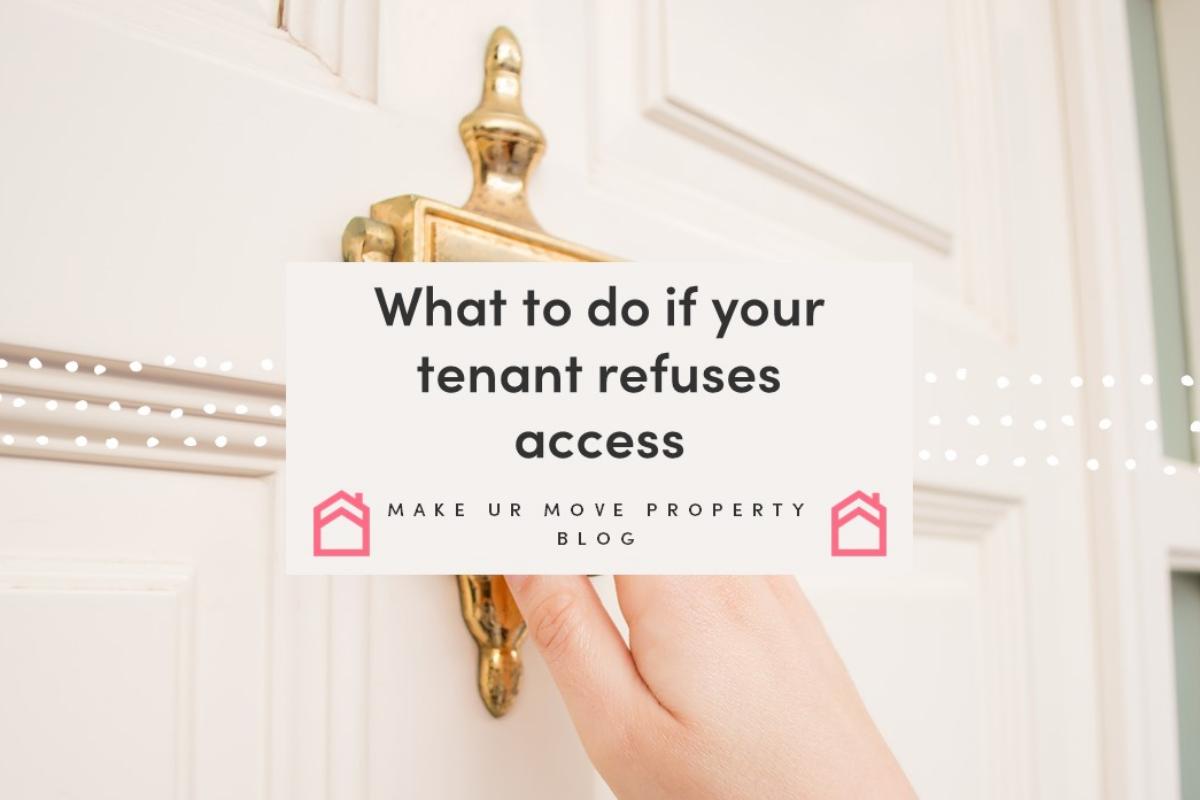
A major concern for both landlords and tenants is the safety of their
property or home. And one of the biggest anxieties for both is the risk and
consequences of fire. This is why smoke detectors are so important both for the
landlord who owns the property and the tenant who lives there.
What are the legal requirements and standards for smoke detectors?
These are pretty clear cut and responsibility for smoke detectors lies
firmly with the landlord. And has done since 2015. Failure to comply with the
regulations could result in a penalty charge of up to £5,000.
But what are the regulations?
The regulations are quite straightforward. Every floor in the property
used as a living space must have a smoke detector fitted. This includes
converted loft spaces. Also, any room with a solid fuel appliance must have a carbon monoxide alarm.
Surprisingly the regulations surrounding the type of smoke detectors
required are a little vague. Or they at least give the landlord some choice. In
England, landlords can choose to fit either battery or mains wired alarms.
There have been issues in the past with battery operated smoke
detectors. Batteries can lose power. Tenants were also known to remove them. However,
new smoke detectors have sealed battery units which last for around ten years.
Which is equivalent to the life of a mains powered alarm before it needs
replacing.
As well as installation there are strict guidelines regarding testing.
On the first day of a tenancy, the landlord must test all smoke detectors.
What are the tenant's responsibilities?
Although the landlord has legal
obligations the tenant does have some responsibilities. Those
responsibilities are mostly to themselves. Tenants should ensure they check the
alarms regularly. Preferably on a monthly basis. And they should act
immediately if the alarm isn’t working.
If it's a question of new batteries the tenant should replace them.
However, if the smoke detector is a sealed unit or is mains powered the
landlord will have to resolve the issue. In this case, the tenant should contact
the landlord immediately. It's in everyone's best interest to do this. If the
landlord fails to act the tenant should get in touch with the local council who
can take enforcement action.
What are the landlord's responsibilities?
The landlord must comply with the regulations. That means installing
the alarms and testing them when required.
·
Every floor used for accommodation in the property must have a smoke detector.
·
Fit a carbon monoxide alarm in any room with a
solid fuel appliance.
·
Test all smoke detectors on the first day of
every tenancy.
Furthermore, the landlord should deal promptly with any issues reported
by the tenant. Testing the smoke detectors should also become part of the
landlord's regular maintenance regime.
Non-compliance
Failure to comply with the regulations can lead to repercussions for
the landlord. The local council enforce the regulations and they can order the
landlord to rectify any issues such as faulty smoke detectors or, worse, no
alarms at all. If the landlord fails to act the local authority can install the
alarms themselves. They could then settle a penalty charge on the landlord
which could be as much as £5,000.
Private landlords can find tenants fast by listing their property with
MakeUrMove the online letting platform bringing landlords and tenants together.







